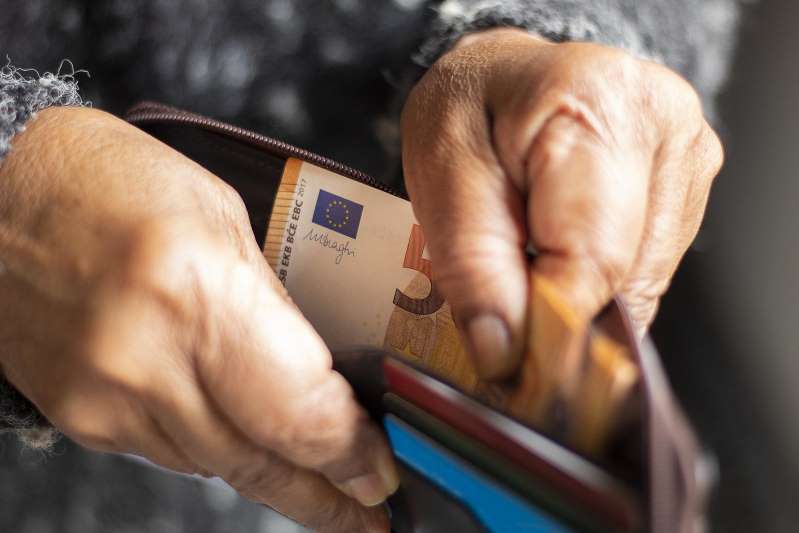An EU strategy aims to enable so-called instant payments everywhere in the EU by the end of 2021.

Cash is becoming less important.
Cash as a means of payment is moving more and more into the background – not least the corona crisis brought the digital alternatives a massive upswing last year.
The EU wants to strengthen this development and formulated a strategy for this in autumn 2020 – the retail payment strategy. The aim of this is to promote new, European business models. In addition, real-time payments – instant payments – are soon to become the new standard.
Replacement for cash
“From the OeNB's point of view, instant payments should de facto become the 'New Normal' by 2025,” said Stefan Augustin, Director of the Shareholdings, Payments and Internal Services department at the Austrian National Bank (OeNB) on Monday. “Now it is important to use the opportunities offered by real-time payments if the bank does not want to fall behind in the competition with alternative payment service providers.”
The OeNB wants to further strengthen the position of the domestic banks. But that is only possible with a broad rollout of instant payments, says Augustin. These should therefore find their way quickly into the core banking systems.
In Austria, cash is still an important factor, but people are moving more and more towards a hybrid payment landscape, said Augustin. The corona crisis has contributed to faster digitization. In 2020, 5 billion euros in consumer transactions were carried out in Austria, of which around 3 billion euros in cash, one billion via card payments and another billion via account-to-account transfers.
European standard wanted
The EU strategy stipulates that instant payments will be possible everywhere in the EU by the end of 2021. However, this also requires a certain degree of harmonization between the individual countries, according to Holger Neuhaus, Head of the Market Infrastructure and Payments Division of the European Central Bank (ECB).
Although there are a few – for example in Sweden or Holland – innovative payment solutions, there is no overarching European standard with which the systems can communicate with one another. The EU wants to intervene here with its strategy, promote Europe-wide systems and thus reduce fragmentation. This is also important so that the EU can better assert itself against international competition. International technology giants such as Apple or Google are currently dominating the market when it comes to mobile payment.
The Austrian-Swiss payment service Bluecode is pursuing a European approach. Together with the “European Mobile Payment Systems Association (EMPSA)” it is pursuing the goal of developing Europe-wide “Payment Roaming”, said Bluecode boss Christian Pirkner. The solution should “go live” this year, according to Pirkner.

